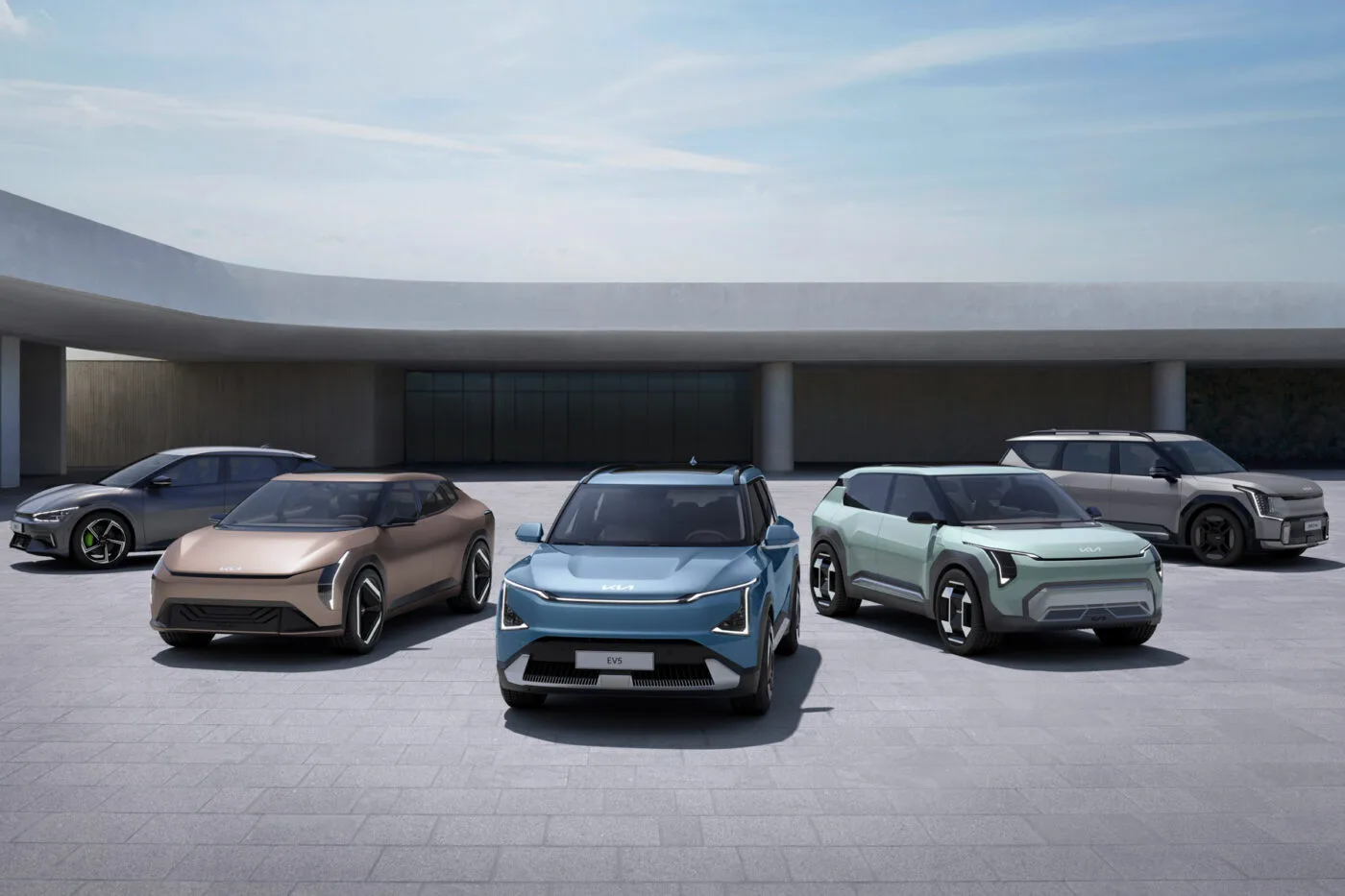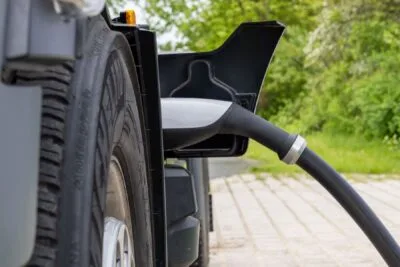Kia South Korean plant ready for EV production after conversion
The Hyundai Motor Group confirmed to the Korea Herald that the vehicle plant’s production lines, founded in 1973, will start up again in February. The rebuild break there was announced in May 2023. According to insiders, new electric models, including the EV3 and EV4, will be built in Gwangmyeong. The EV9 will also be produced at the Kia plant. Overall, the factory has an annual capacity of 150,000 units.
Kia announced the EV3 and EV4 in the form of studies in October 2023. The former is an electric compact SUV, while the latter is a mid-size electric saloon. Both are positioned below the familiar EV6. Flanked by the EV5 series model, also unveiled in October, Kia wants to cover the electric car market with smaller electric vehicles at prices between 35,000 and 50,000 dollars.
In April 2023, parent company Hyundai Motor Group presented extensive investment plans to become one of the world’s top three electric car manufacturers by 2030. The Group plans to invest up to 24 trillion won (equivalent to about 18 billion dollars) to increase production and exports. The Group, with the brands Hyundai Motor, Kia and the supplier Hyundai Mobis, wants to offer 31 electric models, whereby many battery-electric cars will be built in South Korea.
Part of the announced 24 trillion won will also be channelled into developing a new EV platform. The platform for electric cars is called eM and is expected to debut in 2025. According to an earlier announcement, the eM platform will be the basis for electric vehicles “in all segments” (i.e. from small cars to five-metre-long saloons and SUVs). It will offer a 50 per cent greater range than the Group’s current EVs. Measured against the Ioniq 5 and Ioniq 6, based on the e-GMP platform, that would mean around 750 kilometres for the mid-size crossover and 900 kilometres for the mid-size saloon – based on the current WLTP ranges of 507 and 610 kilometres, respectively.
To achieve the targets, the Hyundai Group must significantly increase its output. A pure electric car plant with an annual capacity of 150,000 Hyundai EVs is currently under construction in Ulsan, South Korea. The new building will be Hyundai’s first new domestic plant in 29 years. The last inauguration of a production facility (the one in Asan) dates back to 1996.
In the spring, Kia also announced that it would begin constructing a new plant to produce electric purpose-built vehicles (PBVs). It will also be operational in the second half of 2025 with an annual capacity of 150,000 electric vehicles. The PBV factory will be built on the site of Kia’s existing Hwaseong plant in Gyeonggi Province.





1 Comment